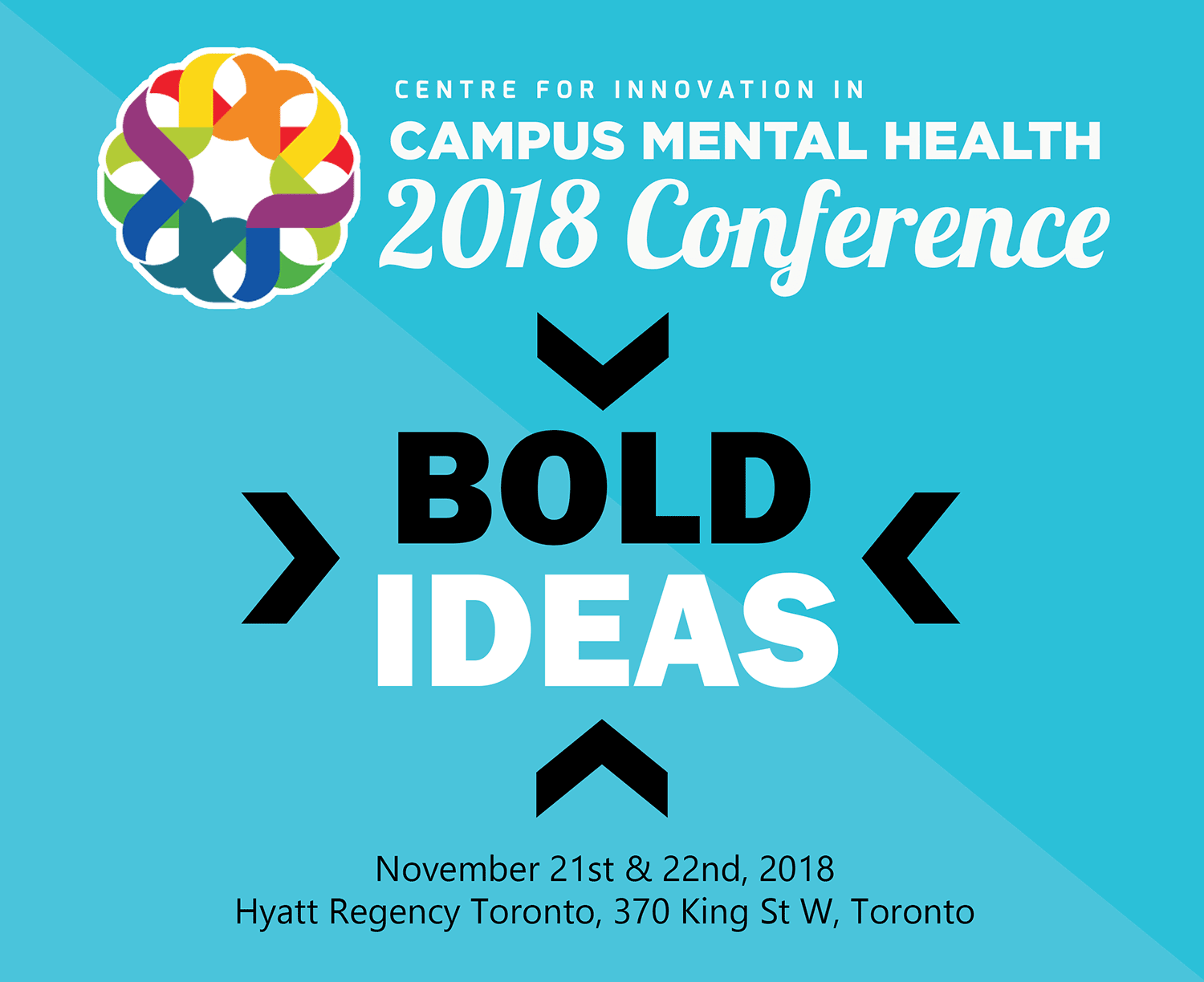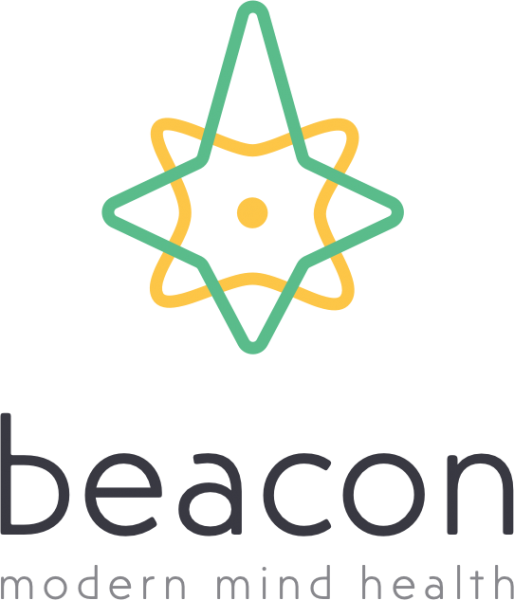Keynote speakers
Ben Sabic, Christopher Buddle, Megan Van Massenhoven, Julia Caddy & Matthew McLaughlin: Crisis on Campus: Youth Advocate Filling Gaps
Ed Mantler: The Standard for Psychological Health and Safety for Post-Secondary Students
Peter Cornish, Gregory Taylor, Mohsan Beg, Ben Bridgestock: Stepped Care in Ontario
A1: Reducing Cannabis Harms: A Guide for Ontario Campuses
A2: An Easy Pill to Swallow: Prescription Exercise at Queen’s University
A3: Establishment of 3 Levels of Peer Support Programs: A Campus Collaboration with a Community Partner
A4: Rethinking Resilience: Systematic Review of Ontario University Mental Health Strategies
B1-1: A Campus and Community Approach to Supporting Students in Crisis
B1-2: Building Capacity Through Partnerships
B2: Harm Reduction Strategies in a College Residence
B3: The Forgotten Link Between Race and Mental Health
B4: Bold Steps – Involving instructors: Teaching Practices and Student Wellbeing
C1-1: Campus Connected – We Care: It Takes a Village to Raise a Student
C1-2: Cultivating Happiness and Resiliency: Learning to Flourish
C3: Creating a Standard to Promote and Protect Mental Health of Post-Secondary Students
C4: Nouvel outil (d’enquête) pour l’évaluation de la santé mentale et des comportements à risque des étudiants-es
D1: Empirically Supported Group-Based Programming in a University Setting
D2-1: Mental Health Promotion and Building Resiliency: Talking About Mental Illness (TAMI) Program
D2-2: Student Perspectives on Campus Mental Health: Results of the Ontario Post-Secondary Survey
D3: Searching for Hope from Minds Steeped in Hopelessness: What Predicts, Prevents and Heals Suicidal Minds
D4: Examining Stigma, Perceived Need, and Mental Health Illiteracy as Barriers to Help-seeking in Young Adults
BP2: Student Life Survey: Assessment of Atlantic Canadian Students
BP3: Big White Wall et Retrouver son entrain : services gratuits en santé mentale pour aider les adultes et les jeunes à surmonter la dépression et l’anxiété
BP4: Lessons Learned from Students
E1: Responding to Opioid Related Emergencies: CMHA Ontario’s Naloxone Policy and Procedure Toolkit
E3: No More Silos: Doing Integrative, Holistic Well-Being Work with Faculty
E4: Walk With Us: Fostering Safe Spaces to Facilitate Challenging Conversations
F1: Collegiate Recovery Communities: A Groundbreaking Solution for Students with Addictions
F2: Thriving in Action: Braiding Positive Psychology, (W)holistic Learning Strategies, and Nature-Based Pedagogy to Bolster Academic Confidence and Build Community
F3: Psychosis Toolkit for Campus Staff: Early Identification, Screening and Intervention
F4: Career Wellness: A Strengths and Resilience-Based Approach
G1: Mental Health Programming on Small Campuses
G2: Cannabis and the Shifting Landscape
G3: Promoting Athlete Mental Health on Campus
G4: Training Clinicians to Work in Integrated Care Models






